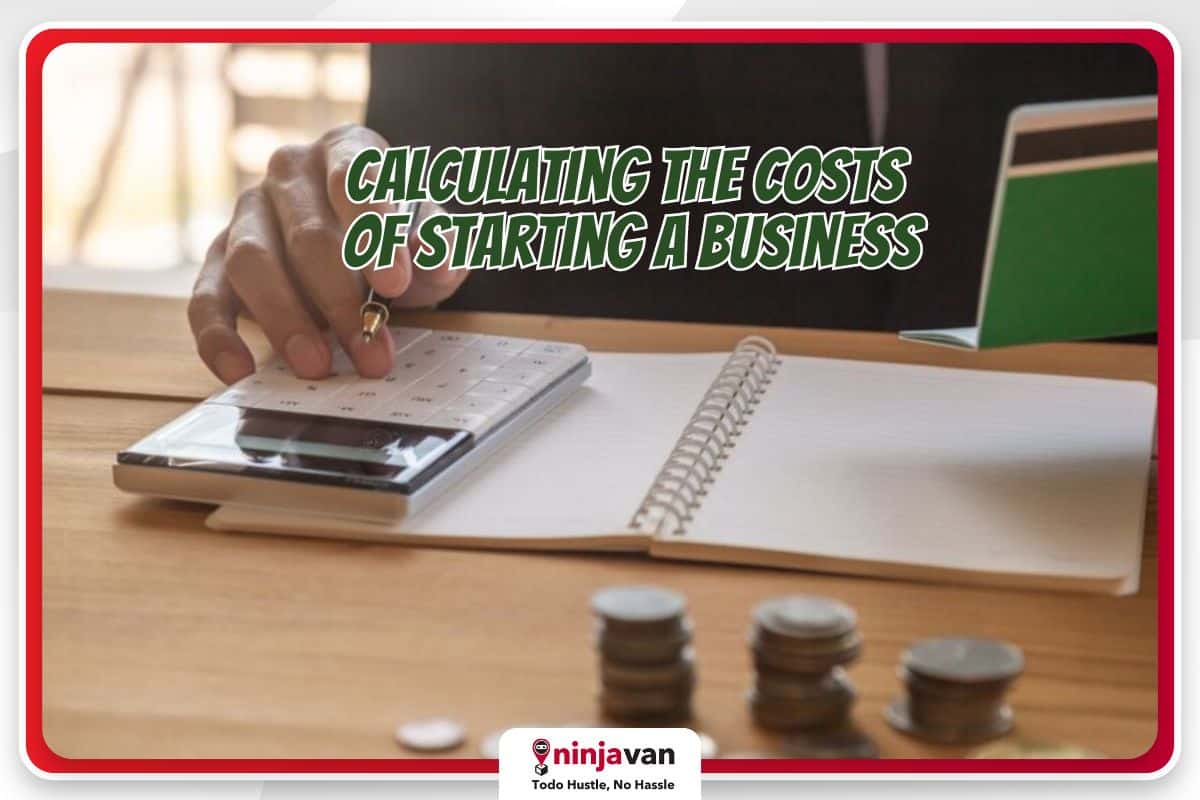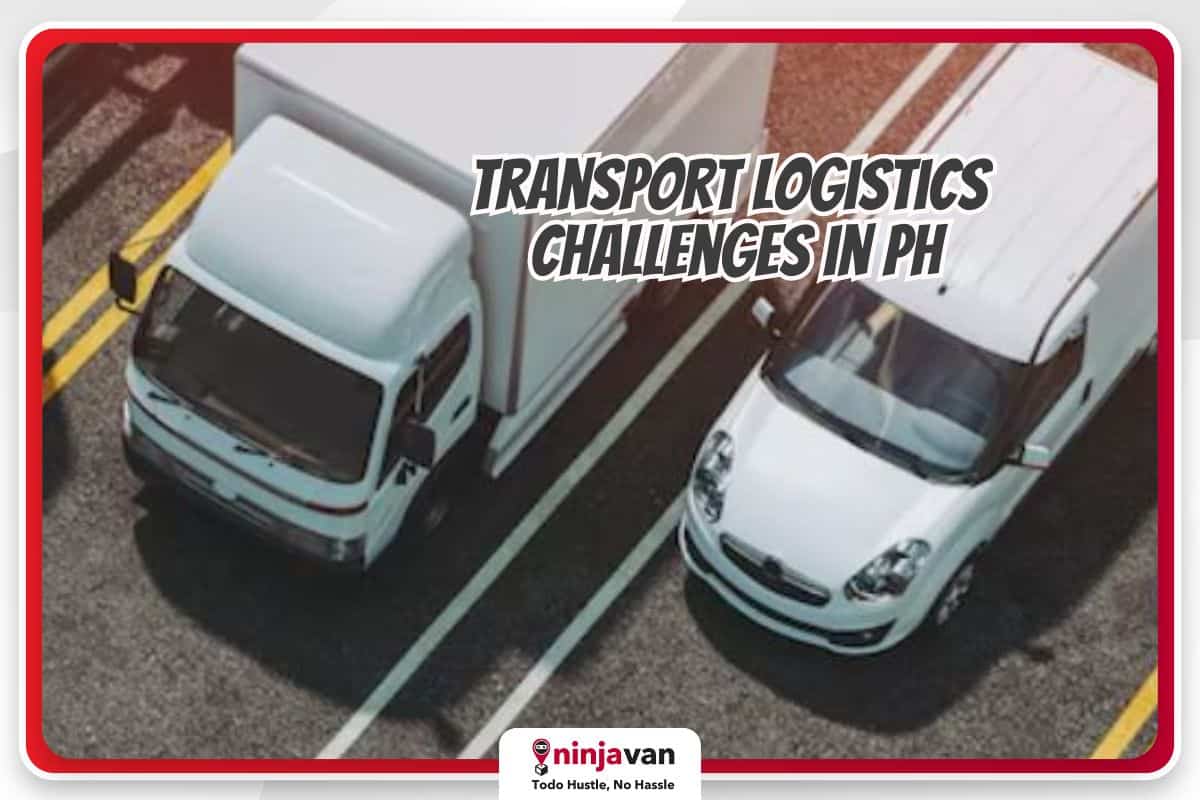Maraming kailangan i-ready kapag magtatayo ka ng sariling mong business, especially when we’re talking about money. By working out your business startup costs, pre-launch and post-launch, you’ll know just how much money you need to open and run a business before it becomes profitable.
The financial information will be useful when it’s time to look for financing options, whether you opt to apply for loans, attract investors, or cough up your own cash.
Also read: Ways to Finance Your Small Business in PH
What are business startup costs?
Startup costs are your total expenses before you begin to earn an income from the business. It covers the costs from your startup’s pre-launch stage up to its operational stage. There are no thresholds on how much is too little or too much because the amount will depend on the nature of the business.
Not only does determining your startup costs give you a view of how much you need, but it’s also the basis for your profit estimates and informs your business plan in the next few years. A projection of how much you’re likely to spend in the next few years can provide you and potential investors with a preview of how fast you want your business to grow.

Types of startup costs
Ano ba mga gastusin mo for your business? Office rent? Your workers’ salaries? Supplies and technology? Shipping fees? Identify first the costs of starting a business, then determine what type of cost each one falls into. Tracking your expenses in such a way will help in the long run when it’s time to create your budget plan or calculate your taxes.
Let’s classify the costs:
1. Startup expenses
This refers to the costs you need before you launch your business. Startup expenses include fees to acquire your business permit and license, insurance, office supplies, and marketing fees for website creation.
2. Startup assets
After identifying your expenses, figure out what you need to launch it. Startup assets refer to the costs of items that your business will use to operate, such as a computer, airway bill printer, camera for marketing, or any equipment that will produce your products.
3. Operating expenses
Identify the recurring costs that will keep your business running. Some examples are office rent, Wi-Fi, workers’ salaries, travel costs, advertising costs, and shipping fees.
#NinjaTip: Your new business needs the right partner. Ninja Van provides shipping and logistics solutions tailored to your current and future needs. Consult our logistics experts today!
How to calculate business startup costs
In calculating your costs for starting a business, think about your operating expenses. Unlike startup expenses and startup assets, which often consist of one-time payments, your operating expenses are ongoing.
It’s best practice to factor in your total operating expenses for a year (at least). Simply multiply your monthly operating expenses by 12.
You may also want to include additional funds to expand your operations. Maybe you eventually need a bigger business space or hire more employees. A plan to eventually expand could help potential investors see that you have a sound strategy to ensure your startup will thrive.
Now, add up your startup expenses, assets, and a year’s worth of operating expenses to come up with startup costs.

How to manage your startup costs
You need to manage your startup costs well to avoid a financial disaster.
Here’s what you can do:
1. Always track your expenses
It doesn’t matter if that pen only costs P7. List it. Making this a habit can give you a clear picture of where your money is going and can make you think about where you want to invest to improve efficiency.
2. Avoid unnecessary expenses
Is it time to move to a bigger office space? Is the demand for your product big enough for you to get extra equipment? Do you really need the latest technology? Don’t waste money on things your business may not need.
3. Choose a business model you can afford
Many entrepreneurs start online since it’s much cheaper than opening physical stores. But online may not work for your business idea. So consider your options well.
4. Hire the right people
Figure out your staffing needs, and understand what kind of employee will bring value to your business.
5. Minimize startup costs
A good business doesn’t have to cost big when it launches. Some businesses can start on a low of P100k even. But if your idea needs more than that, lower the costs with a few tactics:
- Negotiate with suppliers for better prices
- Make bulk purchases
- Use free or low-cost marketing channels
- Use technology to automate repetitive tasks
- Lease equipment instead of buying them
Start your business right
The first year of your startup’s operations is crucial. A lot of things can go wrong, but with a sound plan and enough budget, you’ll manage the challenges.

Also, you don’t always need to do everything on your own. Some third-party services can provide solutions as you start from scratch. Choose one that understands your needs, helping ease your business startup costs.
When it comes to logistics, Ninja Van has end to end business solutions that can reduce your overhead costs and streamline your operations.






